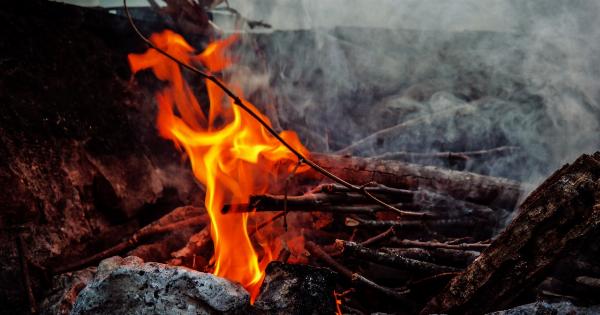Kidney stones are a common medical condition affecting millions of individuals worldwide.
While most cases may be asymptomatic or have mild symptoms, others can result in severe complications and even life-threatening conditions without proper diagnosis, management, and treatment.
What are Kidney Stones?
Kidney stones are small, hard mineral deposits that form in the kidneys, ureters, bladder, or urethra.
They are composed of various substances, such as calcium, oxalate, uric acid, cystine, and others, that are not adequately diluted in the urine or are present in excessive amounts. Kidney stones can vary in size, shape, and number, and can cause discomfort, pain, and difficulties in urination and overall urinary tract function.
Symptoms of Kidney Stones
The symptoms of kidney stones can vary depending on their size, location, and other factors. Some of the most common signs and symptoms may include:.
- Pain or discomfort in the lower back, abdomen, groin, or genitals
- Pain or burning sensation during urination
- Frequent urge to urinate
- Difficulty urinating or passing small amounts of urine
- Nausea, vomiting, or diarrhea
- Blood in the urine
- Fever or chills (in severe cases or if accompanied by infection)
Risk Factors for Kidney Stones
Several factors can increase the risk of developing kidney stones, including:.
- Family history of kidney stones
- Dehydration or inadequate fluid intake
- Diet high in protein, salt, or sugar
- Obesity or overweight
- Sedentary lifestyle
- Underlying medical conditions, such as gout, hyperparathyroidism, or inflammatory bowel disease (IBD)
- Medications that affect calcium or uric acid levels in the body, such as diuretics or antacids
Complications of Kidney Stones
If left untreated or poorly managed, kidney stones can lead to various complications and health problems, such as:.
- Kidney damage or scarring
- Chronic kidney disease (CKD)
- Recurrent kidney stones
- Urinary tract infections (UTIs)
- Septicemia or sepsis (blood poisoning)
- Hydronephrosis (kidney swelling due to urine backup)
- Ruptured bladder or urethra
- Death (in rare cases or if left untreated)
Diagnosis of Kidney Stones
Diagnosing kidney stones may involve a variety of tests and procedures, including:.
- Physical examination and medical history
- Urine tests to check for abnormal substances or infections
- Blood tests to evaluate kidney function and mineral levels
- Imaging studies, such as X-rays, CT scans, or ultrasounds, to visualize the kidney stones and determine their size and location
- Cystoscopy or ureteroscopy, which involves inserting a flexible instrument into the bladder or ureter to examine the area and remove the stones
Treatment of Kidney Stones
The treatment of kidney stones may depend on various factors, such as the size, location, type, and number of stones, as well as the presence of any accompanying symptoms or complications. Some of the most common treatment options may include:.
- Increased fluid intake and dietary changes to prevent further stone formation
- Pain relief medications to alleviate discomfort and improve urine flow
- Medications that dissolve or break down certain types of stones
- Extracorporeal shock wave lithotripsy (ESWL) to break up the stones into smaller pieces that can be passed more easily through urine
- Ureteroscopy with laser lithotripsy, which involves using a laser to break up the stones and removing them with a small instrument
- Percutaneous nephrolithotomy (PNL) to remove large or complex kidney stones through a small incision in the back
- Surgery to remove the stones or repair any damage caused by them (in rare cases)
Prevention of Kidney Stones
Preventing kidney stones may involve making some lifestyle changes and adopting healthy habits, such as:.






























